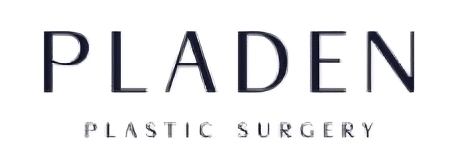Psoriasis Treatment
Pladen Skin Clinic Seoul Korea
Advanced Psoriasis Treatments in Gangnam, Seoul
Pladen Skin Clinic provides professional psoriasis treatments in Seoul, Korea, focusing on reducing inflammation, controlling scaling, relieving discomfort, and improving overall skin stability. Located in Gangnam, the clinic offers customized psoriasis treatment programs designed for both flare-up control and long-term management.
Psoriasis is a chronic autoimmune skin condition that requires consistent, medically guided care rather than short-term or cosmetic-only treatment.
Why Choose Pladen Skin Clinic for Psoriasis Treatment?
- Experienced medical professionals specializing in chronic inflammatory skin conditions
- Accurate assessment of psoriasis type and severity
- Skin-protective, long-term management strategies
- Customized care plans based on flare patterns and lifestyle factors
- Foreign-friendly clinic with English communication support
Each psoriasis treatment plan is designed to control symptoms while supporting long-term skin health.
What Is Psoriasis?
Psoriasis is a chronic autoimmune skin disorder that accelerates skin cell turnover, leading to thickened plaques, redness, scaling, and itching. Symptoms may fluctuate between flare-ups and periods of remission.
Common features of psoriasis include:
- Red, inflamed patches with silvery scales
- Dry or cracked skin that may bleed
- Itching or burning sensations
- Thickened skin in recurring areas
Proper diagnosis is essential to differentiate psoriasis from other inflammatory skin conditions.
Psoriasis Treatment Approaches
Inflammation & Plaque Control
- Reduce redness and skin thickening
- Control active flare-ups
- Relieve itching and discomfort
Skin Barrier Support & Scaling Reduction
- Improve hydration and skin flexibility
- Reduce excessive scaling
- Strengthen overall skin resilience
Long-Term Psoriasis Management Programs
- Customized treatment schedules
- Trigger awareness and flare prevention strategies
- Designed to reduce flare frequency and severity
Treatment plans are tailored based on psoriasis type, affected areas, and response to previous treatments.
Common Psoriasis Treatment Areas
- Scalp
- Elbows and knees
- Hands and feet
- Trunk and back
- Localized plaque-prone areas
Special care is taken with visible and high-movement areas to improve comfort and appearance.
Psoriasis Treatment Procedure & Recovery
Treatment Time
Sessions typically take 20–40 minutes, depending on treatment method and affected area.
Downtime & Recovery
- No significant downtime
- Gradual improvement with consistent treatment
- Ongoing skincare and lifestyle guidance provided
How Many Sessions Are Needed?
Psoriasis treatment usually involves ongoing management rather than a fixed number of sessions.
Psoriasis Treatment Pricing in Seoul
Pricing varies depending on:
- Severity and extent of psoriasis
- Treatment approach selected
- Duration of management plan
A personalized consultation is recommended to create an appropriate care strategy and cost estimate.
Book a Psoriasis Consultation in Seoul
Pladen Skin Clinic welcomes both local and international patients seeking safe, structured, and effective psoriasis treatment in Seoul, Korea.

